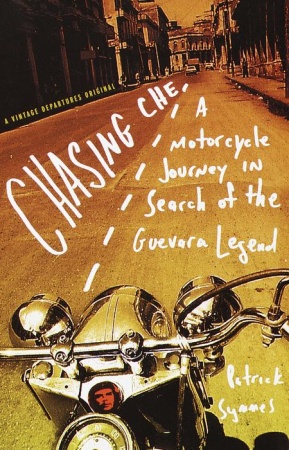Something occurred to me last night, however, as I was reading the first two chapters of The Long Embrace by Judith Freeman. I kept pulling the book out and reading it even though I had other things to do. There was laundry to do, clothes to fold, Japanese movies to watch, Gray's Anatomy to watch while avoiding watching Japanese movies, etc. But I kept going back to the book. Why?
Well, the book is the non-fiction account of Judith Freeman (born and raised in Ogden, Utah and a former Mormon) and her curiosity about Raymond Chandler, the crime fiction writer, and his wife, Cissy. Chandler is one of the great noir writers and is responsible for The Big Sleep and The Long Goodbye among others. It's not a biography though it has some of the elements -- it's more like Freeman's record of trying to answer some questions about a topic that interests her. So rather than maintaining some kind of objective removal, Freeman writes about walking down the street in her L.A. neighborhood to an old house where Chandler lived in the 20s. It's personal and is driven by her curiosity. It dawned on me last night what a key element that individual inquisitiveness is for me when it comes to reading a book. I love fiction and good poetry -- but there's something really thrilling to me about following a real live author as he or she pursues answers to interesting questions. To me, it feels like a treasure hunt -- an author going out into the field, looking for clues, hoping for the big payoff.
I know that it's the quest element that I like the best because I've read books that focused on topics I knew absolutely nothing about but I was drawn to the idea of an author looking for answers.
Some of the literary treasure hunts that I've enjoyed:

Chasing Che by Patrick Symmes.
Symmes is a travel journalist who was curious about the Argentine revolutionary, Che Guevara. He'd seen his face on t-shirts and buttons, knew that he helped Fidel Castro rise to power in Cuba, and was aware that the man had reached legendary status. Turns out that Che, before he was famous, before he was a violent guerilla figher, took a motorcycle trip with a buddy all across South and Central America. The two men were in their twenties and just wanted to get out and see the world. Symmes wondered what kind of effect a trip like that had on a young man who went on to help shape world politics and so he decided to take the trip himself. Using published diaries by Guevara and his traveling buddy, Alberto Granado, Symmes retraces their journey as closely as he can and writes about what he finds. It's part travelogue, part geopolitical history lesson, and, of course, part treasure hunt. It's exotic and exciting and a lot of fun to read.

The Island of Lost Maps by Miles Harvey.
Harvey, another journalist, comes across a news story about a man named Gilbert Bland who was arrested for stealing antique maps from rare book rooms in libraries across the country. Turns out, Bland was one of the most prolific and successful map thieves in history. Turns out also that there is a rich and fascinating history of map thievery. (Who knew?) Harvey is intrigued and so begins to research a little about the man and about the world of cartography. The chapters alternate between Harvey's present day efforts to uncover the enigma that is Gilbert Bland and the facts and stories he uncovers in researching the history of map making and map taking.
Unlike Chasing Che, the subject of which is dead, Maps had subject who was very much alive and so the whole book was fraught with the possibility of Harvey actually meeting up with Bland and being able to ask him questions. There was a lot more potential for payoff in this book than in most. I used it as a textbook in my 102 classes at BSU and CSI.

Girl Sleuth:Nancy Drew and the Women Who Created Her by Melanie Rehak
I've never read a Nancy Drew mystery, never saw the tv show, was never aware of her in any way other than as the female counterpart to the Hardy Boys mysteries my brother read. When I came across this book in the new non-fiction section of the Twin Falls library, my curiosity was piqued. Rehak asks the question, "Who really is responsible for this enduring pop culture icon?" Nancy Drew was originally conceived by a guy named Edward Stratemeyer. He was the literary equivalent of the boy-band impressarios who put together N'Sync and Backstreet Boys using a cold-hearted formula of what would appeal the most to the largest audience. Stratemeyer created the Hardy Boys, the Bobsey Twins, and Tom Swift. He'd come up with the ideas and then farm the actual work out to ghost writers. The book explores the different contributions made by Stratemeyer and the two women responsible for most of Nancy's lore, Mildred Wirt Benson and Harriet Stratemeyer Adams. There's less of the physical field research in this one and so it was a little less interesting in that sense. Nevertheless, despite the lack of the author-on-the-scene stuff that I like and my lack of connection to the subject, I still really enjoyed reading Rehak's attempts at unraveling the answers to her questions.
P.S. You will notice that each of these books have really attractive, eye-catching cover designs. My inclination toward pretty books continues.
No comments:
Post a Comment